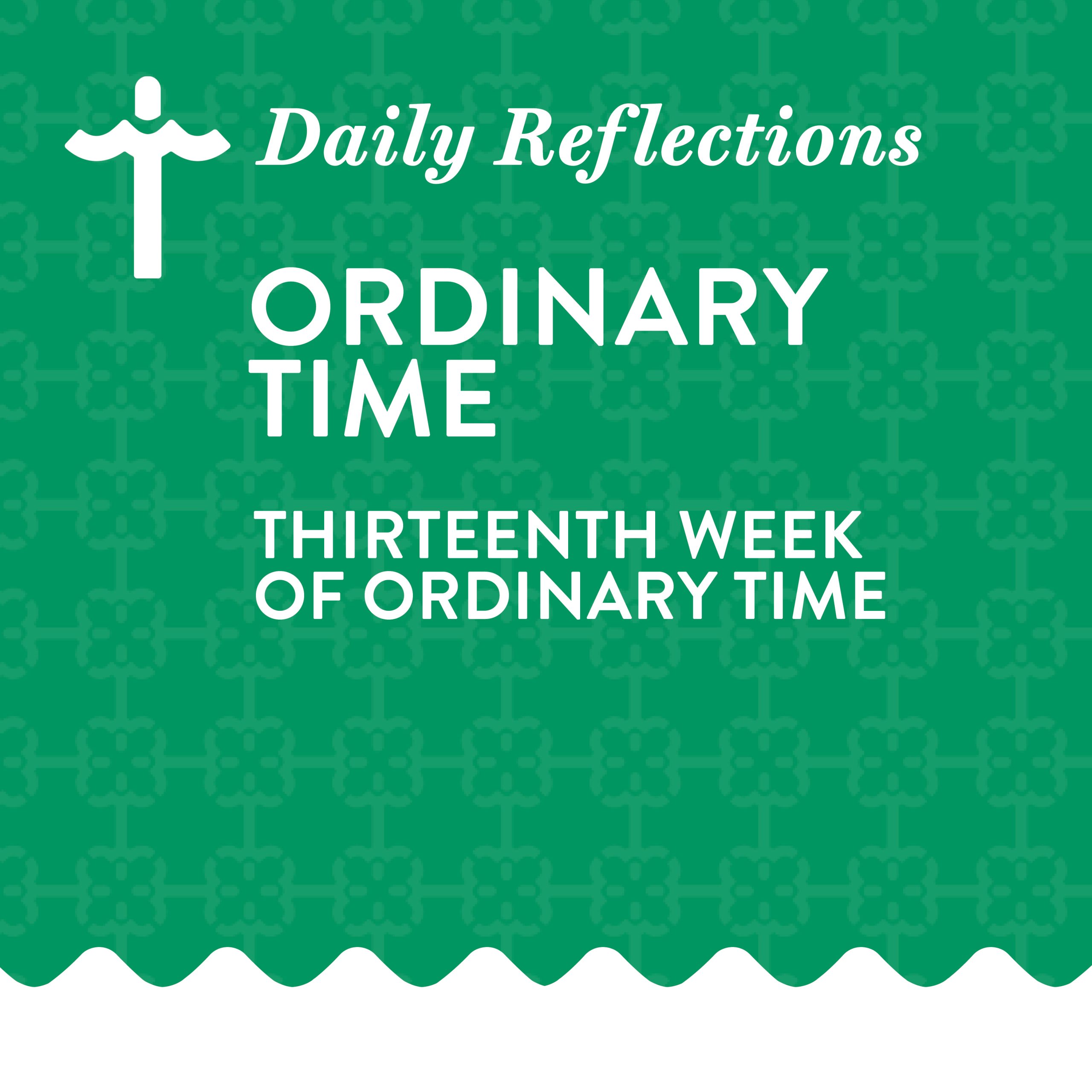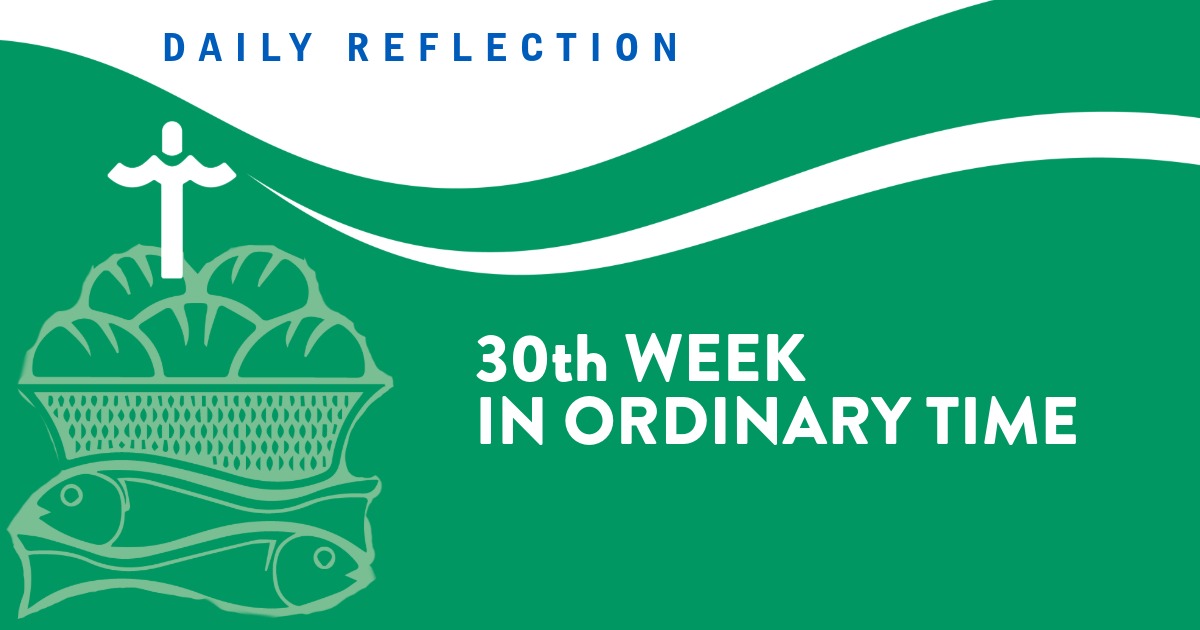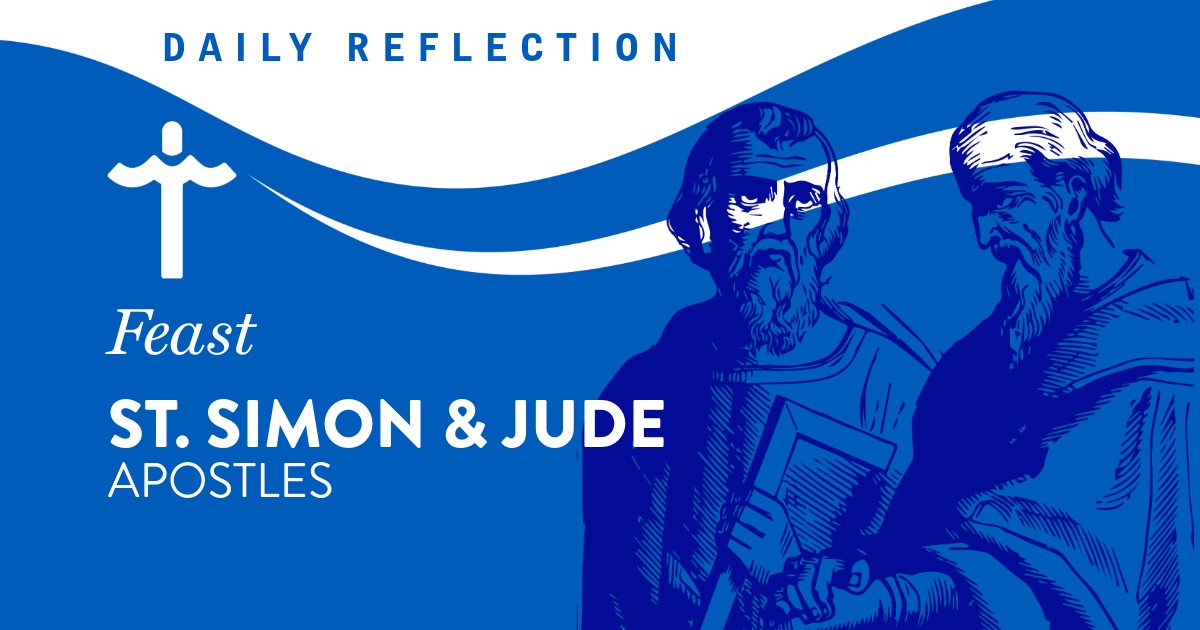Saturday of the Thirteenth Week in Ordinary Time
The Responsorial Psalm shows us the bias we should consciously adopt when reading Scripture and when evaluating everything in life: “Praise the Lord, for he is good” (Psalm 135). This is the bias that lets us see truth.
We can approach Genesis 27: 1-29 this way, just open to what God is telling us; or read this story from a perspective of moral judgment, shocked by the lies Jacob told his father. But in the story, God is not making any statement about the morality of lying. We need to leave that issue aside as a distraction and hear what God is telling us.
The story is about the destiny God gave Jacob and God’s fidelity to his promises. Jacob and Esau were twins, but Esau, born first, had the privilege of the elder son. God, however, had chosen Jacob to be the father of the Chosen People (Genesis 25:23). Moreover, Esau had sold his birthright to Jacob (25: 29-34). The point of the story is that God’s will was done. It is not making any point about the means, and if we make that an issue we are not interpreting Scripture but reading our own perspectives into it.
We can, however, go beyond the point of the story and see if reflection evokes other insights. One does emerge: what really moved Abraham to give his blessing to Jacob was the ministry of Rebekah and Jacob. The positive factor that accomplished God’s purpose was not deceit but ministry. That is a point useful to us. God has promised to establish the reign of his love on earth. And he is going to do it through the ministries we perform.
Matthew 9: 14-17 tells us why it is taking so long for “the grace of our Lord Jesus Christ” to renew the face of the earth. Jesus did not come just to teach a higher morality and give us some enhanced religious practices. When John’s disciples asked, “Why do your disciples not fast?” they were assuming there were certain things “holy” people did, like fasting, that made people holy. Religion meant doing the right things, and doing these achieved their result.
Jesus explained that he came to give the “new wine “of divine life (John 2: 1-11). To be holy is to share God’s life through a union with Jesus more intimate than that of bridegroom and bride. The purpose of fasting is just to feel physical hunger in order to realize our hunger for Christ. Everything “religious” aims at union of mind and heart with him by grace. But for the human race to make this the goal of religion and of everything else in life takes time. Still, this must be the goal we keep in mind in all our ministry: union with the Father in Jesus, through the Holy Spirit (see John 13: 1-12; 14: 15-26).
Initiative: Be a priest. Nurture the mystery of union with God in all.
— Fr. David M. Knight
View today’s Mass readings, Lectionary #382, on the USCCB website here
Fr. David M. Knight (1931-2021) was a priest of the Diocese of Memphis in Tennessee, a prolific writer, and a highly sought after confessor, spiritual director, and retreat master. He authored more than 40 books and hundreds of articles that focus primarily on lay spirituality and life-long spiritual growth.




0 Comments